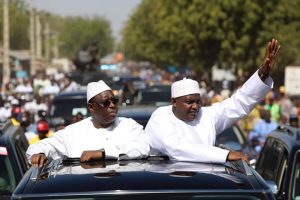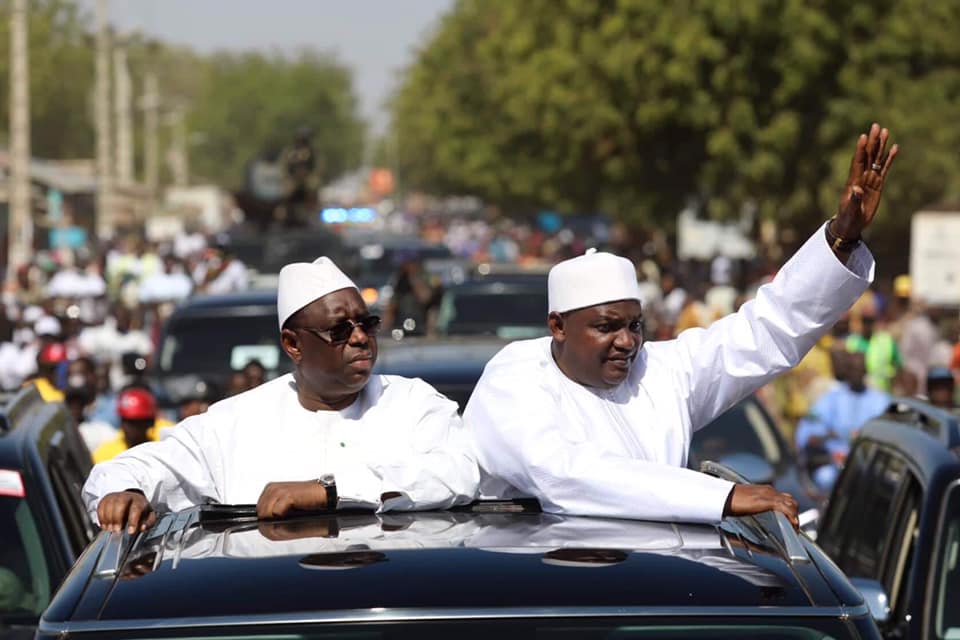 by Basidia M Drammeh
by Basidia M Drammeh
Gambia and Senegal are bound by history, geography, religion, culture and language, like no other country in the world. These two nations share in common almost everything.
Senegal has always played the Big Brother role in its relationship with the small Gambia, which is an enclave within Senegal, as demarcated by the colonial masters. In 1981, it was Senegal that has militarily intervened to abort a coup by late Kukoi Samba Sanyang. A few months later, the two nations entered into a confederation known as Senegambia with a view to promoting closer cooperation between the two countries. Due to a lack of support and enthusiasm on the part of the two peoples for the move, the confederation came to an end in 1989.
As recent as 2016, at the height of the political impasse in the post-election period, when former President Yahya Jammeh refused to relinquish power, it was again Senegal that mobilized the international community to force Jammeh out of power, particularly that Jammeh and his Senegalese counterpart were largely at loggerheads and never saw eye to eye. A threat of military by ECOWAS, at the behest of Senegal, eventually prompted Jammeh to cede power and leave the country into exile. The then-President Adama Barrow had to be sworn in at the Gambia’s High Commission in Dakar. Barrow took refuge in Dakar in fear of an attempt on his life.
After a long period of frosty relationship, particularly under Jammeh, the ties between the two nations significantly improved under President Adama Barrow who feels deeply indebted to Senegal and publicly calls Senegalese leader Macky Sall as his elder brother. The two nations vowed to take the bilateral ties to higher heights signing numerous protocols on bilateral cooperation.
The Gambia continues to heavily rely on Senegal for the maintenance of security in the country and the protection of the President through the regional force, ECOMIG, of which Senegalese troops make up the bulk majority.
Nonetheless, Senegal, on occasions, acted in a condescending manner toward its smaller neighbour, bullying it by closing borders on flimsy reasons, as is the case in recent times.
The bone of contention lies in Senegal allowing only one Gambian commercial vehicle entry into Senegal, while Senegalese commercial vehicles are given unfettered access to the Gambian territory. This has incensed Gambia Transport Union which argues that the move violates the bilateral agreements as well as ECOWAS’ relevant protocols on freedom of movement of people and merchandise. On the other hand, Senegal argues that it has no control over its transport union.
Gambians have voiced out anger and frustration with the status quo and are calling for tit-for-tat action on the part of the Government as an equal Partner, rather than being subservient to its big brother. The Gambian Government has urged for calm while a high-profile ministerial delegation headed for Senegal for talks with the Senegalese authorities to resolve the impasse.
Having said that, it’s imperative for the two Governments to iron out their differences as well as outline a new model of partnership based on equality, reciprocity and mutual interest.

